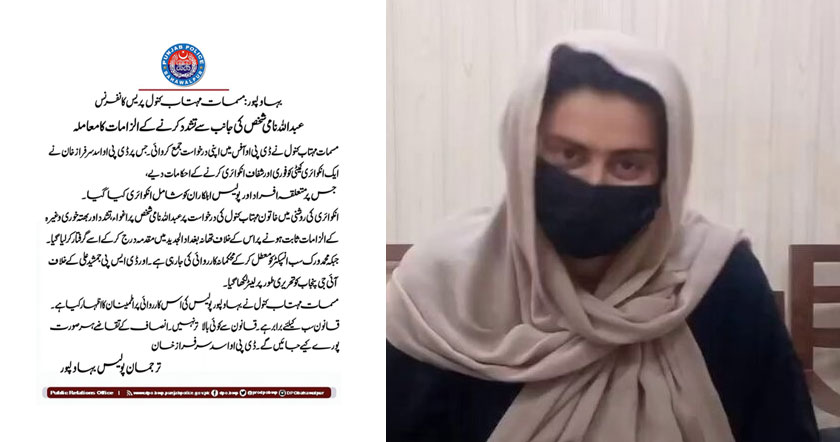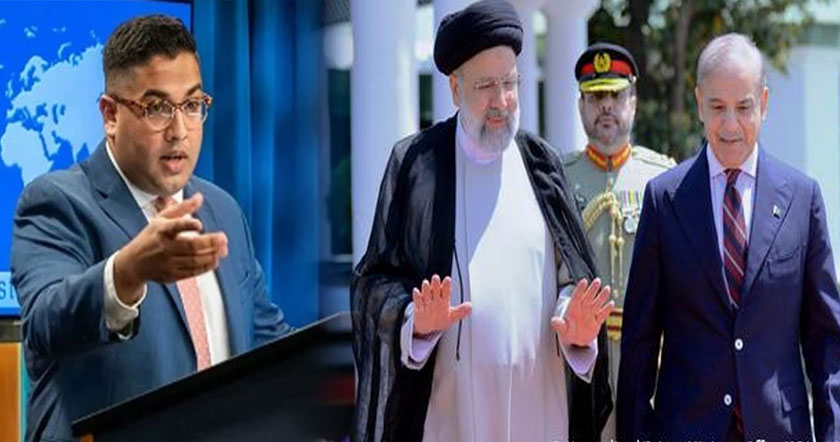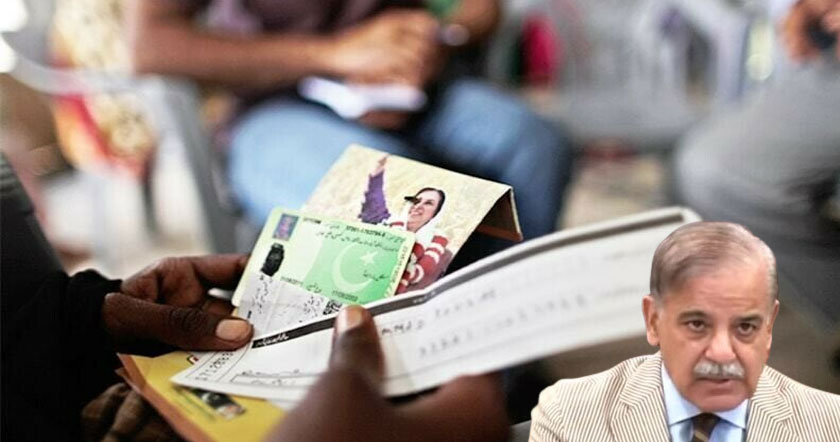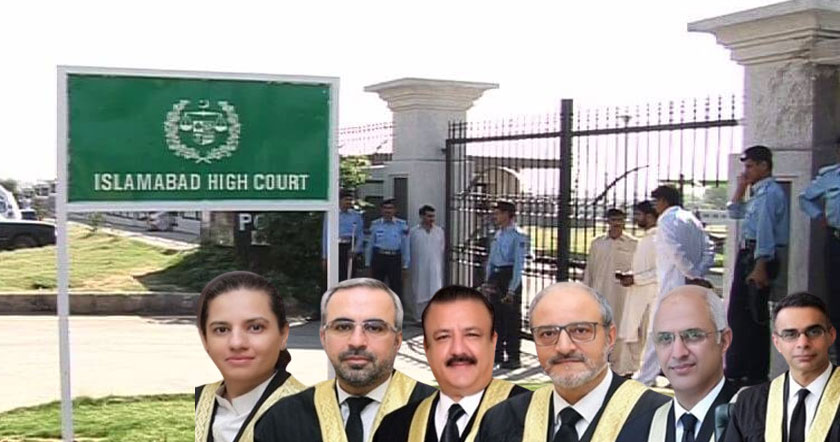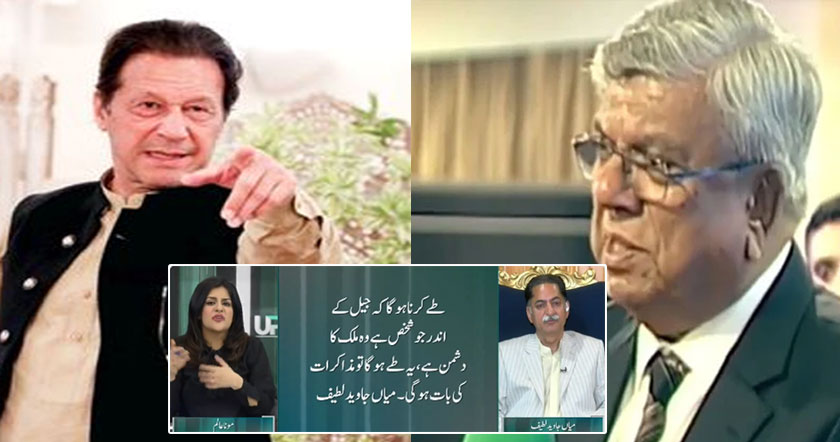Do read the references in the ens and then verify them...if you still don't believe then you will never believe in anything other than what iblees teaches.
Necessity of Knowing the Imam of the Time from Sunni Sources
NECESSITY OF KNOWING THE IMAM OF THE TIME FROM SUNNI SOURCES
According to traditions everyone who dies without knowing the imam of his time dies the death of ignorance.In every time there is a need for an Imam. It is necessary for all to know him, believe in his imamate and it is obligatory for every Muslim to follow him. If a Muslim dies without knowing the imam of his time he dies the death of ignorance.
This has been reported through numerous chains from reliable transmitters. I do not think there is anyone who dares cast doubt on the chain or meaning of these traditions. These traditions have appeared in Sahih Bukhari, Sahih Muslim, Musnad, Sunan and other tradition books. They are accepted by Shias and Sunnis alike.
Muslims unanimously agree that the Holy Prophet (s) said:
مَنْ مَاتَ وَلَمْ يَعْرِفْ اِمَامَ زَمَانِه مَاتَ مِيْتَةً جَاهِلِيَّةً
“He who dies without knowing the imam of his time dies the death of ignorance.”
This tradition has appeared with the same wording in some reference books. Taking it for granted, Sheikh Sa’ad al-Din Taftazani centers his discussions on imamate in his Sharh al-Maqasi on this tradition.
[1]
This tradition has appeared (in tradition books) in other wordings as well, but we believe that all conveys the same message. The Holy Prophet (s) intends to say that Muslims are always in need of an imam who guides them and it is obligatory upon all Muslims to follow him and seek guidance from him.
In his Musnad, Ahmad for example quotes the Holy Prophet (s) as having said:
مَنْ مَاتَ بِغَيْرِ اِماَمَ مَاتَ مِيْتَةً جَاهِلِيَّة
He who dies without having an imam dies the death of ignorance.
[2]
The same is reported by by Abu Dawood Tiyalisi in his Musnad and Tabarani in his al-Mu’ajam al-Kabir.
Ibn Hayyan in his Sahih maintains:
مَنْ مَاتَ وَ لَيْثَ لَه اِماَمَ مَاتَ مِيْتَةً جَاهِلِيَّةً
He who dies without having an imam dies the death of ignorance.
[3]
There are also books that have added something to this tradition saying:
من مات ولم يعرف امام زمانه فليمت ان شاء يهوديا و ان شاء نصرانيا
He who dies without knowing the imam of his time should die as he wishes – as a Jew or as a Christian.
[4]
A number of scholars have reported this tradition with this wording from al-Masael al-Khamsun written by Fakhr Razi.
Though this tradition has also appeared in other wordings as well in Sahih, Sunan and Musnad hadith collections we suffice to what we have thus far reported. We will however elaborate on some of the peculiarities of the text of this tradition.
The phrase ‘ من مات ولم يعرف’ he who dies without knowing..’ shows that knowing the imam is an article of faith, for the lack of such knowledge causes one to die the death of ignorance. Thus we must translate this tradition as ‘he who dies without believing in imam’… It is likewise clear that the term ‘imam’ does not include anyone who is practically leading his society. It includes only a righteous imam who is appointed by Allah, the Almighty.
Thus, according to this tradition, he who dies without recognizing the imam of his time together with the peculiarities mentioned dies the death of ignorance. The term ‘imam’ thus does not (as mentioned) include all rulers, for it is not obligatory to know them and not knowing them does not lead one to Hell nor does it cause one to die the death of ignorance.
Thus the imam we are obliged to know, obey and believe in has to be righteous appointed by shari’a laws. It is such an imam whom we must consider an intermediary authority between ourselves and Allah.
If one dies without believing in such an imam he dies the death of ignorance. In other words, he who dies without knowing the imam of his time should die as he wishes – as a Jew or as a Christian.
[dt_divider style=”thin” /]
[1] Sharh al- Maqasid, vol. 5, p. 239.
[2] Musnad Ahmad, vol. 4, p. 96.
[3] Sahih Ibn Hayyan vol. 10, p. 434.
[4] Al-Mu”ajam al-Kabir, vol. 19, p. 388.






























